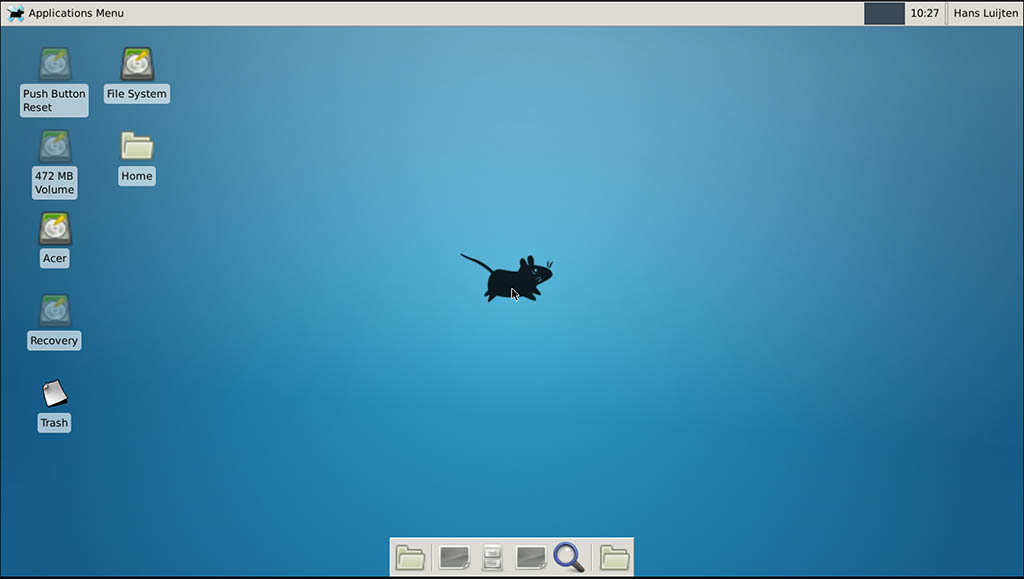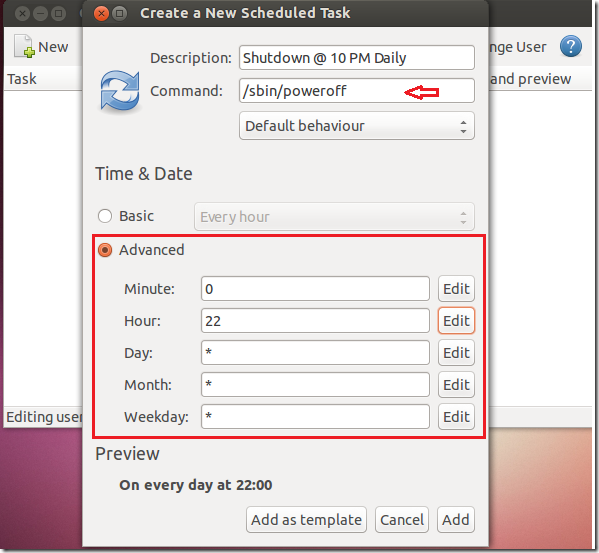How to backup your instance
Kyle Fazzari edited this page on 8 Aug 2019 · 7 revisions
The nextcloud snap includes an utility to backup and restore your instance. Right now it can export:
- The apps
- The database
- The config
- The raw data
But note that this does not cover exporting other settings, like HTTPS certificates.
Export everything
Run sudo nextcloud.export and it’ll turn on maintenance mode and dump a backup of your entire instance into a timestamped folder, something like 20190121-153921, inside /var/snap/nextcloud/common/backups/.
After the export is complete the snap will forget about it, so feel free to do whatever you like with it; one option could be to tar it, with a command like this:
sudo tar -cvf 20190121-153921_nextcloud-backup.tar /var/snap/nextcloud/common/backups/20190121-153921
Import everything
You can import an exported backup by running sudo nextcloud.import path/to/backup/dir.
Important! Importing a backup will completely blow away the current instance: it’ll drop the database, delete the installed apps, and delete all raw data, replacing each with that from the backup.
The only constraints are that:
- This path needs to be available from confinement, so put it in
/var/snap/nextcloud/common or /var/snap/nextcloud/current/ somewhere. - User
root needs to be the owner.
So continuing with the previous example, these two commands would need to be executed before importing:
sudo mv 20190121-153921_nextcloud-backup.tar /var/snap/nextcloud/current/
sudo chown -R root:root /var/snap/nextcloud/current/20190121-153921/
Selective backup
Note that you can limit what is exported (and what is imported) with arguments that are documented if you run nextcloud.export -h or nextcloud.import -h.
Example
Usage:
nextcloud.export [OPTIONS]
Export data suitable for migrating servers. By default this
includes the Nextcloud database, configuration, and data
(equivalent to running nextcloud.export -abcd).
Available options:
-h: Display this help message
-a: Include the (non-default) apps
-b: Include the database
-c: Include the config
-d: Include the data (can be quite large)
Tips & tricks
Q. Can exporting specify the data directory?
A. Not directly, but you should be able to use a symlink. For example, creating a symlink from the data directory to /var/snap/nextcloud/common/nextcloud/data
Q. Can I somehow export/import my HTTPS certs?
A. Yes, everything related to them is stored in the /var/snap/nextcloud/current/certs directory, so copying it and preserving its permissions and owner works.
Caveats
The export/import tools are mostly written from the perspective of wanting to migrate your current install to another instance of the snap. Keep that in mind:
- It won’t be particularly helpful in migrating to the snap from a non-snap install
- Likewise, it won’t be particularly helpful in migrating away from the snap
- It creates a copy of your config, trusted domains and all. If you’re migrating to a new domain name, keep this in mind– you’ll need to update the trusted domains yourself.





